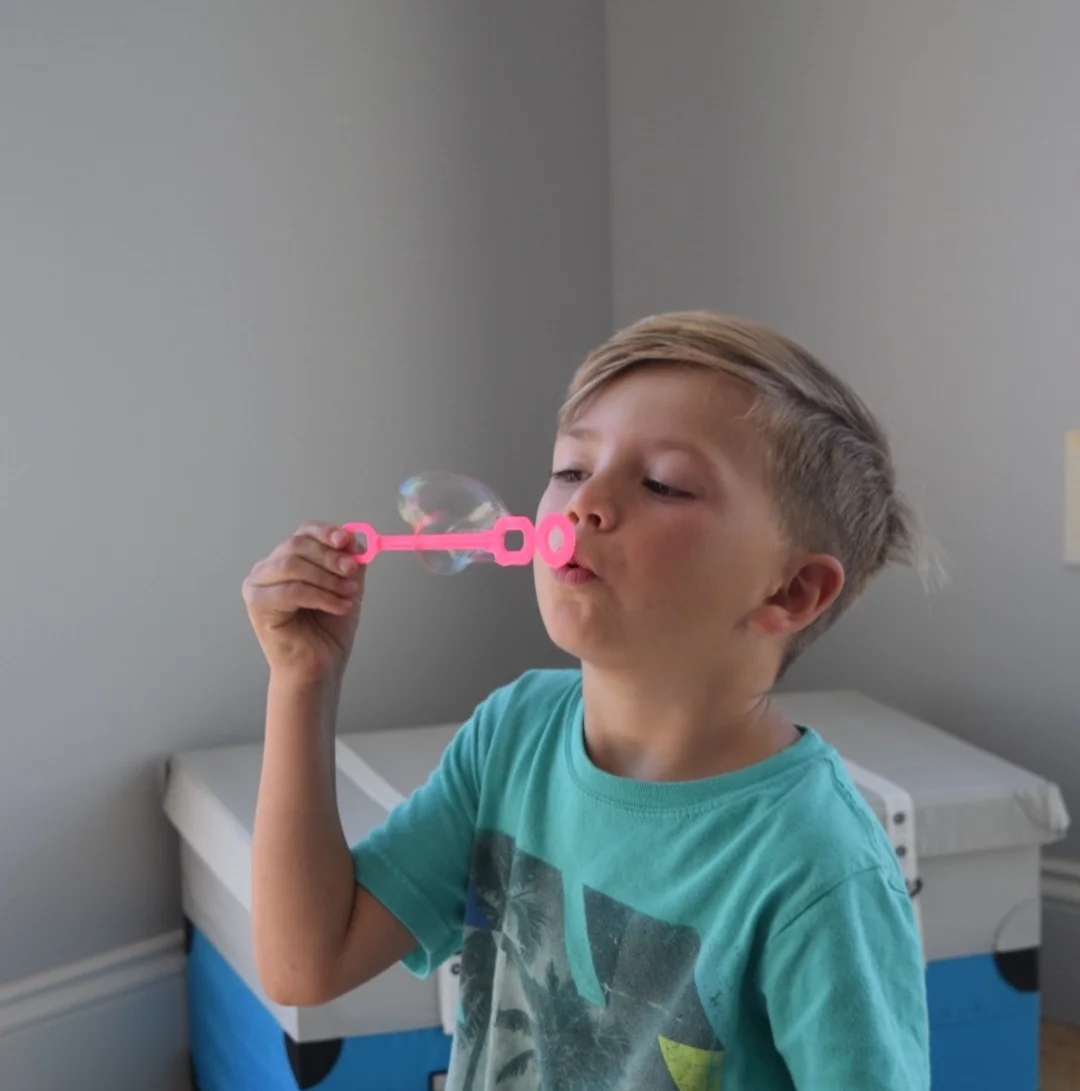Pediatric Speech & Language Therapy Services
Speech-language pathology is the treatment for improving or correcting a communication disorder. Speech-language pathologists are licensed and certified professionals that correct communication disorders. A child's communication is considered delayed when the child is noticeably behind in his or her peers in the acquisition of speech and/or language skills. Some areas that speech-language pathologists treat are: expressive and receptive difficulties, auditory/language processing deficits, articulation disorders, fluency including stuttering, voice disorders, pragmatic difficulties, and swallowing problems.
Articulation disorders may occur when a child has difficulty producing and forming sounds. Types of errors include omissions, substitutions and distortions. Omissions are when a child leaves out a sound of a word, for example: "da" instead of dog. Substitutions occur when a child substitutes one sound for another, for example: "gog" instead of dog. Distortions occur when a child distorts a sound in a word. Listeners may have trouble understanding what someone with a speech disorder is trying to say.
A language disorder is an impairment in the ability to understand and/or use words in context. This may be verbal or nonverbal. Examples of language disorders may include: improper use of words, inability to express ideas, inappropriate grammatical patterns, reduced vocabulary, inability to follow directions. Children with language disorders may have trouble getting others to understand what they are trying to communicate. A fluency disorder is defined by an interruption in the flow of speech. A child may have a block when the speech is halted in the middle of a syllable, word or phrase. Secondary behaviors often accompany a fluency disorder including tension when speaking or an apparent struggle. A voice disorder is related to the quality of vocal production. A child with a voice disorder may have difficulty maintain sound production while speaking, they may have a "raspy" voice, or may not be able to vary his/her pitch or loudness. Pragmatic difficulties is when a child has a hard time with social language. A child may have difficulties with "unspoken rules" such as: eye contact, personal space, appropriate greetings, changing topics of conversations, etc. Feeding and swallowing disorders can occur when a child has difficulty with sucking, chewing, or swallowing foods. Examples include: taking a long time to eat (>30 minutes), refusing to try different textures, difficulty chewing and low weight gain. A pediatric speech-language pathologist can evaluate and recommend specific strategies or exercises to assist with communication skills.



